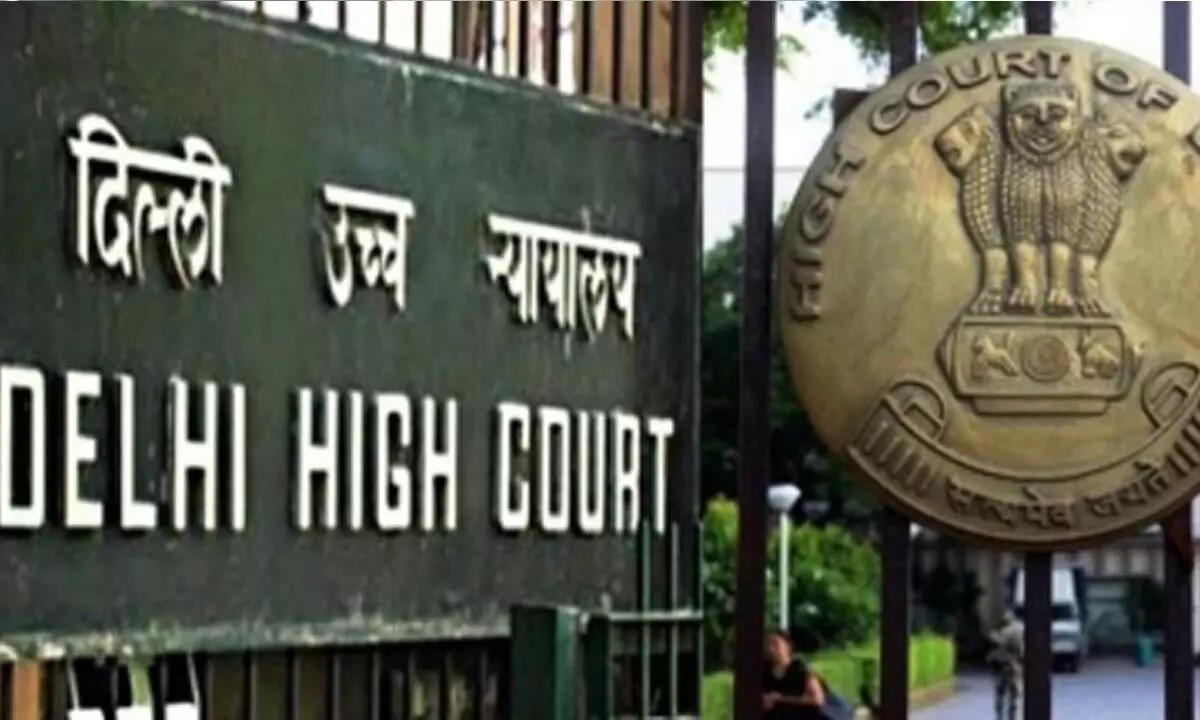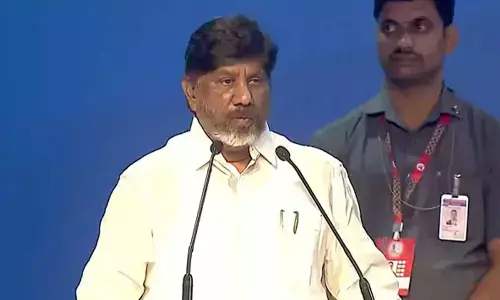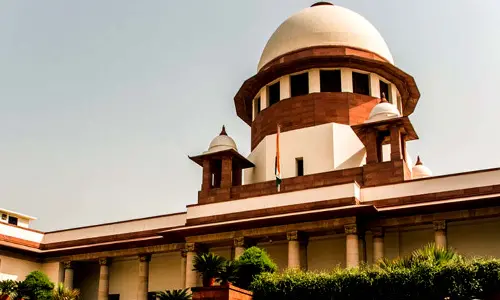Unmitigated attack on majesty, honesty of courts: Delhi HC warns litigant for misusing Contempt of Courts Act, 1971
Share :

The Delhi High Court on Tuesday expressed strong disapproval of actions of one litigant, labelling them as an "unmitigated attack on the majesty and honesty of the courts."
New Delhi: The Delhi High Court on Tuesday expressed strong disapproval of actions of one litigant, labelling them as an "unmitigated attack on the majesty and honesty of the courts."
Justice Jasmeet Singh, presiding over the case, warned Vijay Kumar Agarwal for misusing the Contempt of Courts Act, 1971.
He sought contempt action against a district court judge on the ground that his grievances were not duly addressed.
The judge said that courts are constitutional institutions responsible for preserving and safeguarding the rights and liberties of all citizens with utmost vigilance and caution.
While the court refrained from initiating contempt proceedings against Agarwal, it issued a stern warning against the misuse and abuse of the Contempt of Courts Act, 1971.
Justice Singh’s decision was influenced by Agarwal's statement that he was suffering from neurological issues.
He pointed out that the Constitution of India and the legal framework of the country provide adequate safeguards for challenging court decisions, making the pursuit of contempt against a judge in an individual capacity an unwarranted attack on the integrity of the courts.
Agarwal had attempted to employ contempt proceedings to seek an explanation from the Additional District Judge for a decision made in a civil suit.
The court clarified that entertaining such petitions would compel the judge to file a reply, which is impermissible.
The court stated that if Agarwal disagreed with the judge's order, he should utilise the legal remedies available to challenge it rather than seeking contempt proceedings.
The court also refused to initiate contempt proceedings against the private respondent's counsel, recognising the importance of the independence of the legal profession.
In conclusion, the plea was dismissed, with Agarwal granted the liberty to pursue appropriate legal remedies against the order with which he was aggrieved.
















